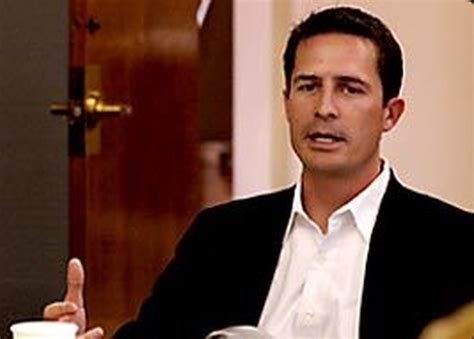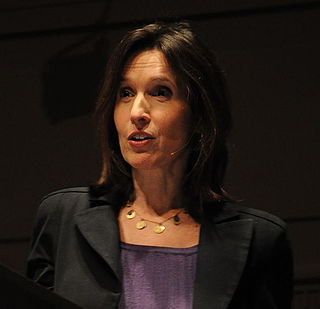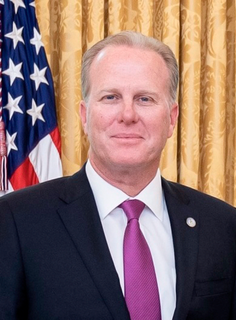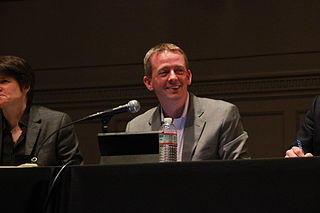A Quote by Greg Miller
Wage restraint was helping businesses out and now it's not. Have we tipped over the edge? Maybe not, but the trend in wages is moving higher.
Related Quotes
Many Americans are feeling, you know, shut out, shut down, the great recession hasn't ended for too many Americans, wages are flat, families are struggling, not enough new jobs, or new businesses are being created, and it's important that we all try to figure out what we're going to do, and that's what I've done my entire life, fighting for a higher minimum wage, or family leave, now paid family leave which I believe in, equal pay for equal work.
If a market exists for low-paid work, then we should think about how we can make this type of work more attractive by providing government assistance. Of course, the wage-earner must be able to live off of his wages. We will not allow poverty wages or dumping wages. But the wage earner can receive a combined wage that includes both his actual wages and a government subsidy.
It seems to me both moral and practical that in the richest in nation in the world that someone working full time shouldn't live in poverty. And studies over the last 20 years in states where we have seen these minimum wage increases show there's no discernible impact on employment growth. In fact, what it does is line low-wage workers' pockets with higher wages.
Wages? You want to be wage slaves? Answer me that! Of course not. What is it that makes wage slaves? Wages! I want you to be free. Strike off your chains! Strike up the band! Strike three you're out! Remember, there's nothing like Liberty, except Colliers and The Saturday Evening Post. Be free, now and forever. One and individual. One for all and all for me, and tea for two and six for a quarter.
Sharp increases in the minimum wage rate are also inflationary. Frequently workers paid more than the minimum gauge their wages relative to it. This is especially true of those workers who are paid by the hour. An increase in the minimum therefore increases their demands for higher wages in order to maintain their place in the structure of wages. And when the increase is as sharp as it is in H.R. 7935, the result is sure to be a fresh surge of inflation.
Requiring the payment of higher wages will lead to a loss of some jobs and a raising of prices which drives companies to search for automation to reduce costs. On the other hand, those receiving higher wages will spend more (the marginal propensity to consume is close to 1 for low income earners) and this will increase demand for additional goods and services. Henry Ford had the clearest vision of why companies can actually benefit by paying higher wages.
In short, what the living wage is really about is not living standards, or even economics, but morality. Its advocates are basically opposed to the idea that wages are a market price-determined by supply and demand, the same as the price of apples or coal. And it is for that reason, rather than the practical details, that the broader political movement of which the demand for a living wage is the leading edge is ultimately doomed to failure: For the amorality of the market economy is part of its essence, and cannot be legislated away.
Momma said that ghosts couldn't move over water. That's why Africans got trapped in the Americas.. They kept moving us over the water, stealing us away from our ghosts and ancestors, who cried salty rivers into the sand. That's where Momma was now, wailing at the water's edge, while her girls were pulled out of sight under white sails that cracked in the wind.
Teddy Kennedy's big new idea is to wheel out his 18th proposal to raise the minimum wage. He's been doing this since wages were paid in Spanish doubloons (which coincidentally are now mostly found underwater). Kennedy refuses to countenance any risky schemes like trying to grow the economy so people making minimum wage get raises because they've been promoted. Kennedy's going down and he's taking the party with him! (Recognize the pattern?)































